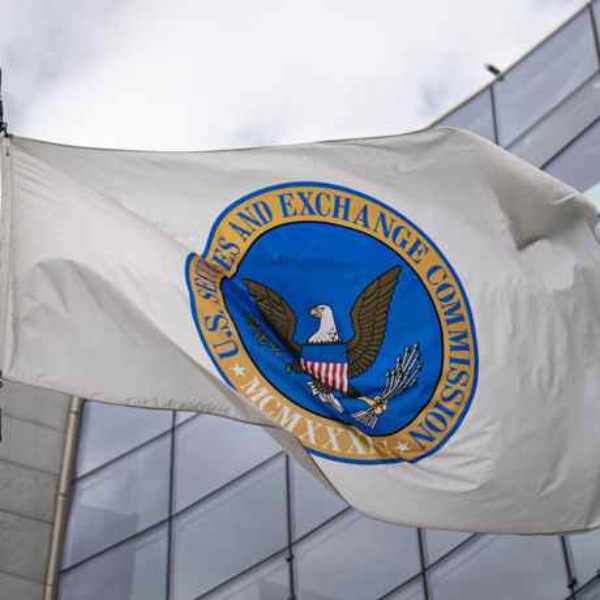The Securities and Exchange Commission on Wednesday appeared a large group of new guidelines for SPACs that, whenever established, would stamp probably the broadest endeavor to date at getting serious about the hot market for unlimited free pass organizations.
SPACs, or particular reason obtaining organizations, have experienced harsh criticism lately by financial backers who say that the organizations regularly swell the business standpoints of the organizations they try to procure. A large number of those organizations incorporate new businesses that poor person yet become productive.
With its new principles, the SEC likewise desires to address grumblings about deficient data and lacking insurance against irreconcilable circumstances and extortion. The issues are not as inescapable in a customary first sale of stock.
SPACs are regularly shell firms that raise assets through a posting fully intent on purchasing a privately owned business and taking it public. That cycle permits the frequently youthful firms to bypass the more thorough examination of a conventional first sale of stock.
“Practically, the SPAC target IPO is being utilized as an elective means to lead an IPO,” SEC Chair Gary Gensler said in a proclamation. “Subsequently, financial backers merit the securities they get from conventional IPOs, regarding data imbalances, misrepresentation, and clashes, and with regards to revelation, promoting practices, guards, and guarantors.”
A portion of the SEC’s proposed rules would:
- Correct the meaning of a “unlimited free pass organization” to make the obligation safe harbor for forward-looking articulations, for example, business gauges, inaccessible in filings by SPACs.
- The move would leave SPACs open to financial backer claims on the off chance that they feel like the unlimited free pass organization’s assessments were ridiculously bullish.
- Expect that the SPAC’s personal business target be a co-registrant when the unlimited free pass organization documents a take-public Form S-4 or F-4.
- Better police irreconcilable situations, charge liabilities and the weakening of financial backer property.
- Update the Securities Act of 1933 to restrict the sorts of budget summaries shell organizations can make of their potential business mixes and their future consolidation targets.
Weakening is a foremost worry for individual financial backers, as many have whined that dinky SPAC cycles can leave speculations open to startling misfortunes assuming the organization chooses for issue more stock, the SEC told journalists.
Gensler has voiced worries about SPACs since May, however Wednesday’s proposed rules address the main expansive rulemaking from Wall Street’s guard dog.
The SEC has regardless sent off autonomous examinations concerning a heap of SPACs and unlimited free pass consolidation bargains, including one including previous President Donald Trump’s web-based entertainment project, Digital World Acquisition Corp.
The U.S. SPAC market was perhaps the most blazing exchange of 2021. A blast of many arrangements in the principal half of the year melted away as the SEC got serious and many arrangements performed gravely.
The exclusive CNBC SPAC Post Deal Index, which is included SPACs that have finished their consolidations and taken their objective organizations public, is down 44.8% throughout the most recent year and has declined 20% in 2022 alone.
Ray Canaan is the author of Funds Management and he is Best writer and He has a particular interest covering digital strategy, leadership, enterprise culture, and diversity. Canaan meets regularly with Chief Information Officers and other business technology executives to discuss world issues and keep on top of news trends.
Disclaimer: The views, suggestions, and opinions expressed here are the sole responsibility of the experts. No FUNDS MANAGEMENT journalist was involved in the writing and production of this article.

